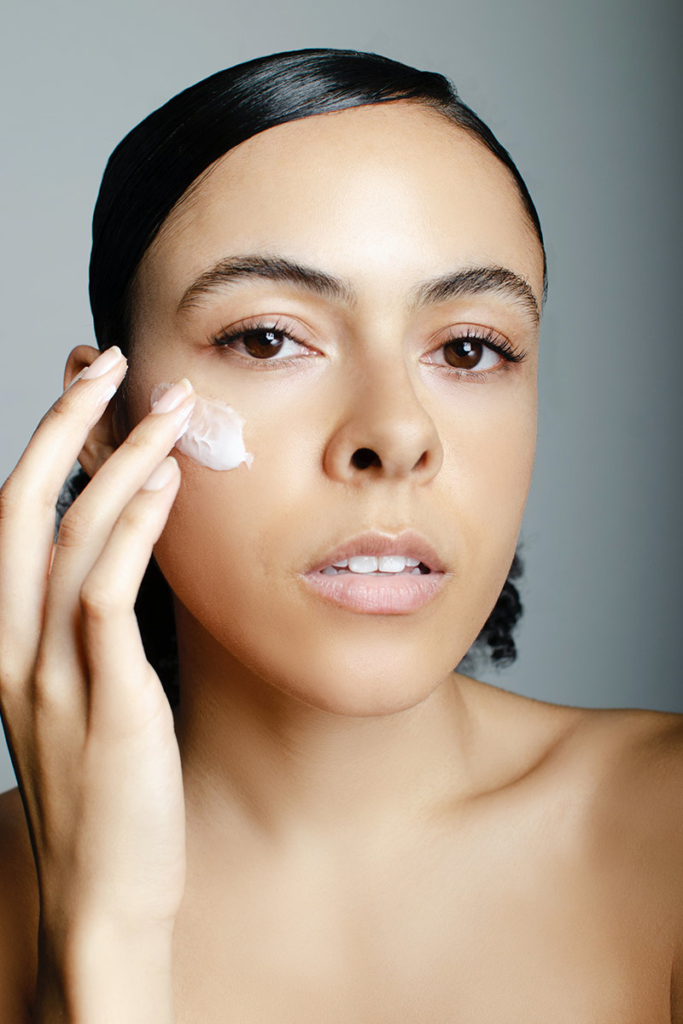SHEFinds / Merrell Readman

Retinol has long been regarded as the most valuable addition to your skincare arsenal for anti-aging, promoting collagen production in the body and tightening and firming your complexion. However, while retinol is a great ingredient for preventing signs of aging from developing on your skin and fading existing fine lines and wrinkles, it is not a formula that works for everyone as it can often be harsh on the skin, causing irritation and redness when initially integrated into your routine.
We checked in with board-certified dermatologist, Dr. Anna Chacon and dermatologist Maryann Mikhail, to get a final answer on the skincare step that is universally the most important for keeping aging at bay, and the answer is much simpler than retinol.
Sunscreen
Prevention and protection are essential for keeping your skin smooth, bright, and ageless, and the best way to do this is with the consistent use of sunscreen. Formulated to keep your skin from revealing UV damage and developing age spots and wrinkles, sunscreen is vital to wear daily at any age for maintaining your clearest complexion. “Definitely [find] one that contains physical blocker such as zinc oxide and titanium dioxide with SPF 30 or above,” suggests Chacon when looking for the best sunscreen to include in your morning routine.
While searching for a product that actively counteracts existing wrinkles may seem like the best bet for creating an anti-aging skincare lineup, protecting your skin from damage in the first place will actually be more effective in the long run. “The sun is the single most important external cause of skin aging. Ultraviolet rays cause sunspots, irregular pigmentation, and loss of collagen and elastin that result in wrinkles and sagging,” explains Chacon.
Retinol is popular as it promotes collagen production in the skin, but if you’ve protected your skin over the years, your body will maintain collagen more effectively. That’s not to say natural aging won’t still take its toll, but wearing sunscreen will certainly help. “Retinol is definitely essential but it can sometimes not be enough to counter sun damage from not using sunscreen or a wide brim hat,” Chacon adds.
That being said, staying cognizant of the type of sunscreen you’re purchasing will also have an impact on both your skin and the environment. “Ideally, it should be a tinted mineral sunscreen, that’s SPF 30 or higher. You should reapply sunscreen every 2 hours when outside or after 40 minutes if you sweat or swim,” notes Mikhail.


